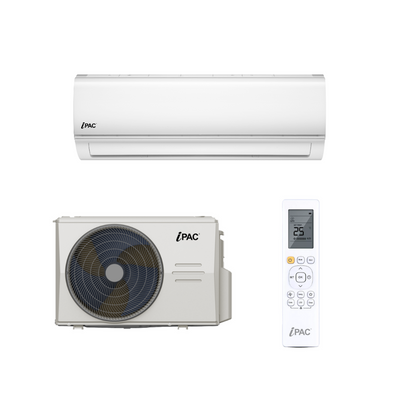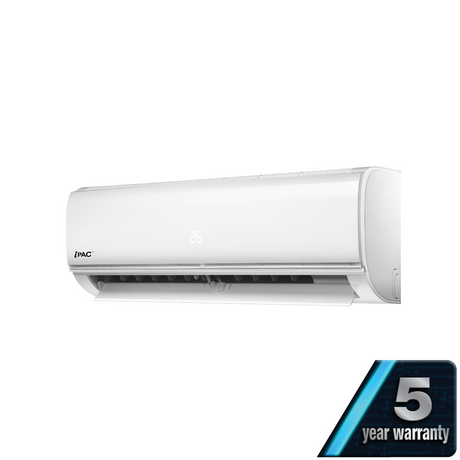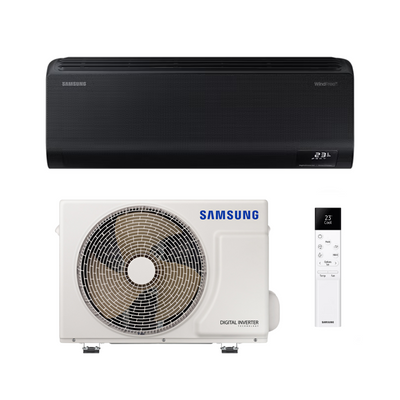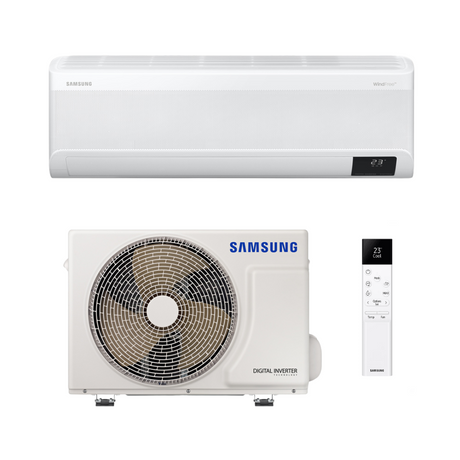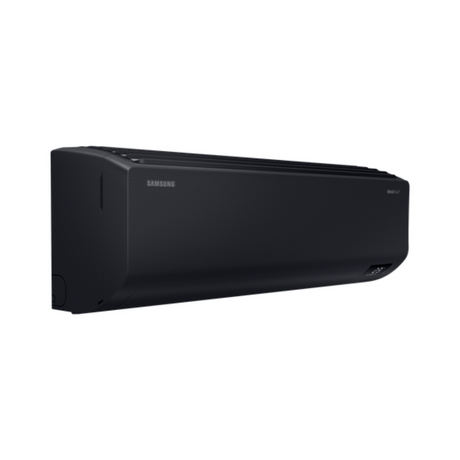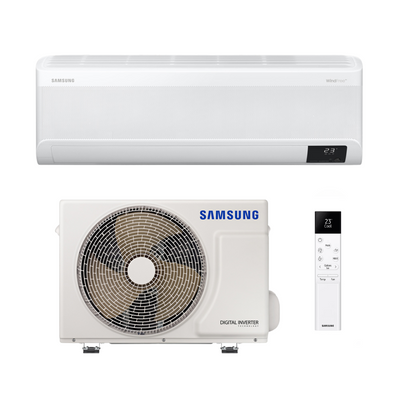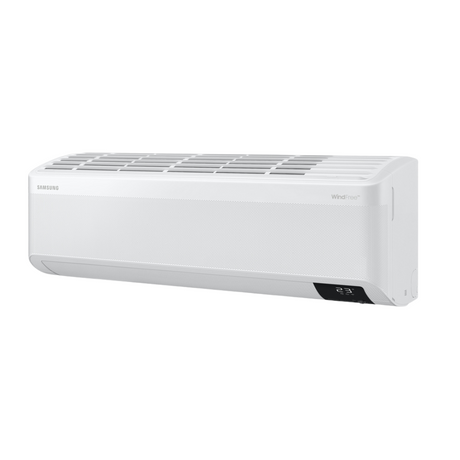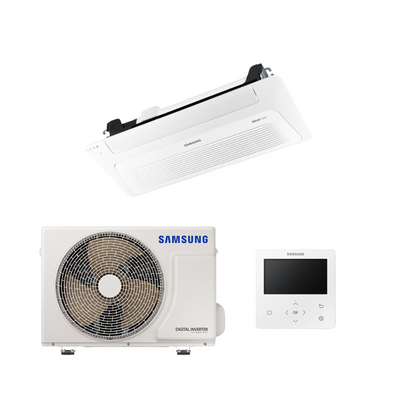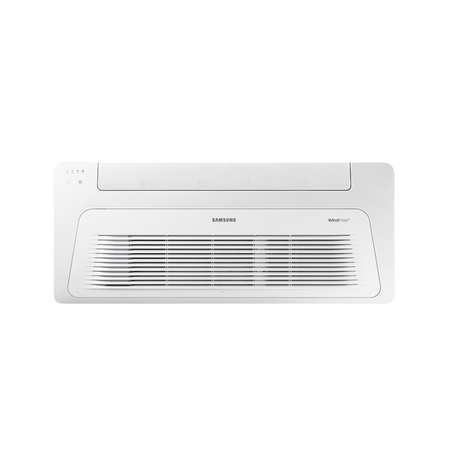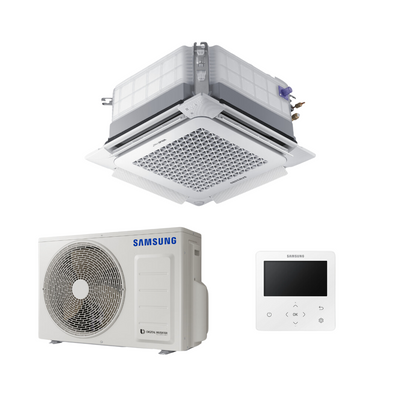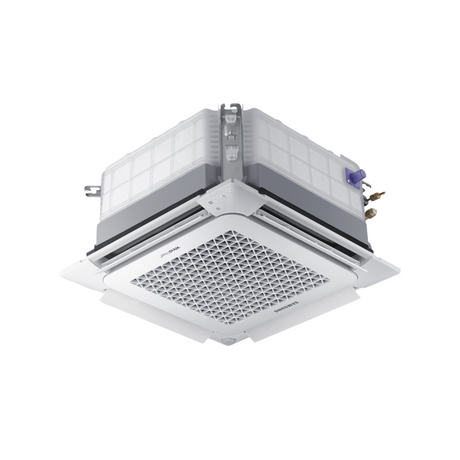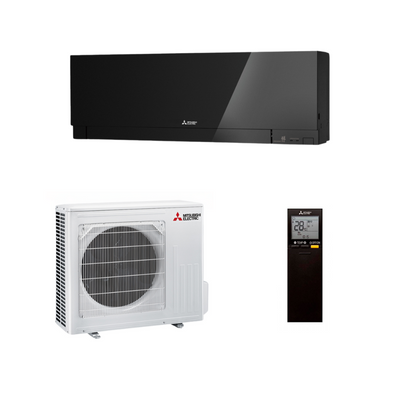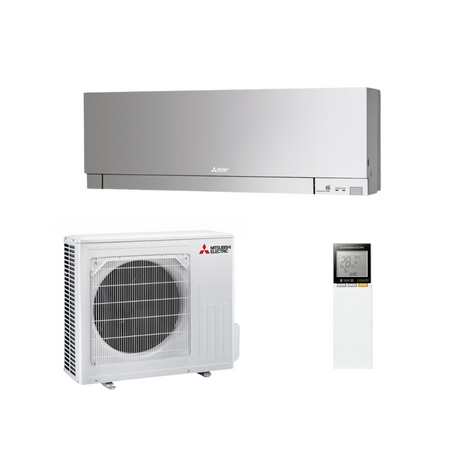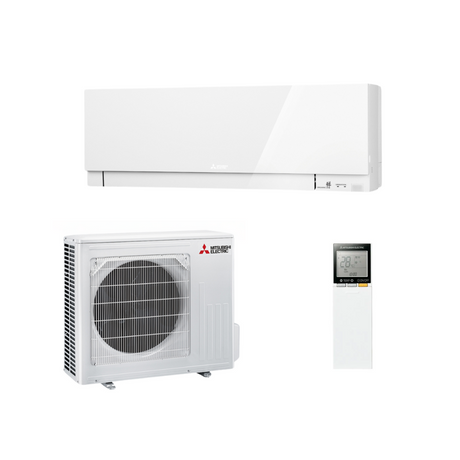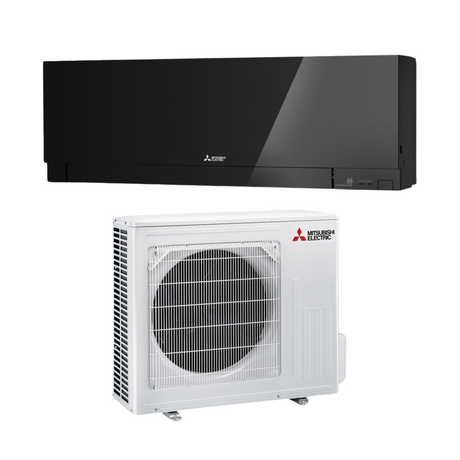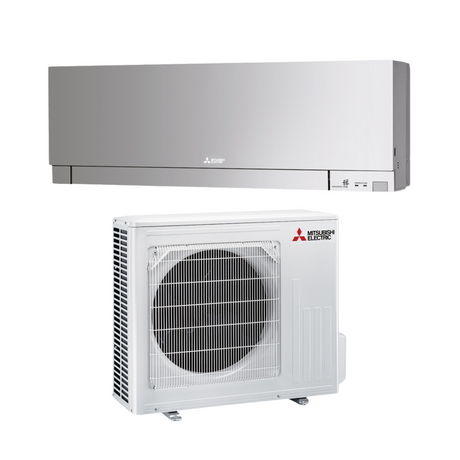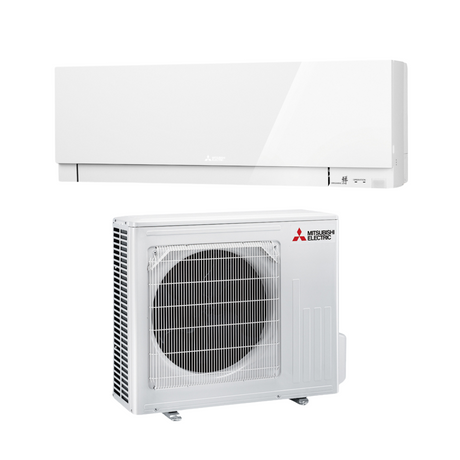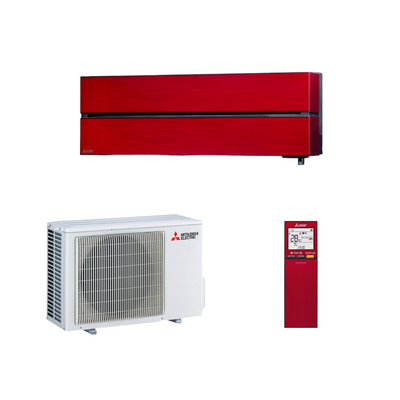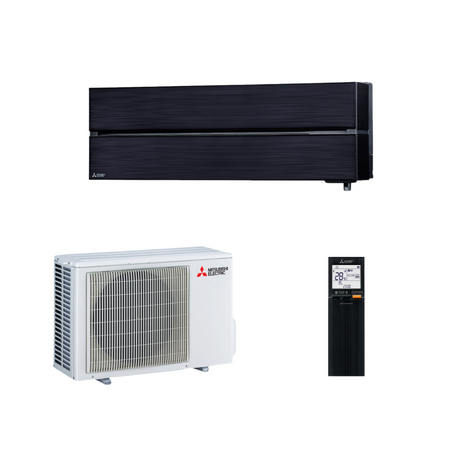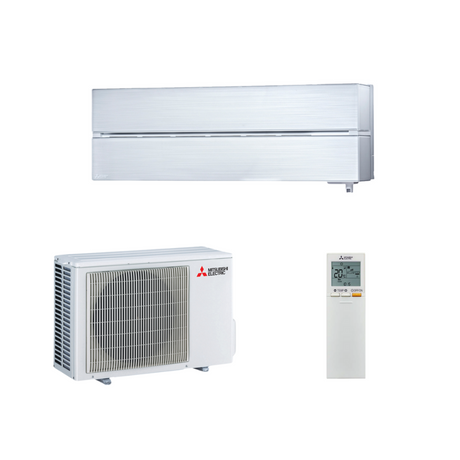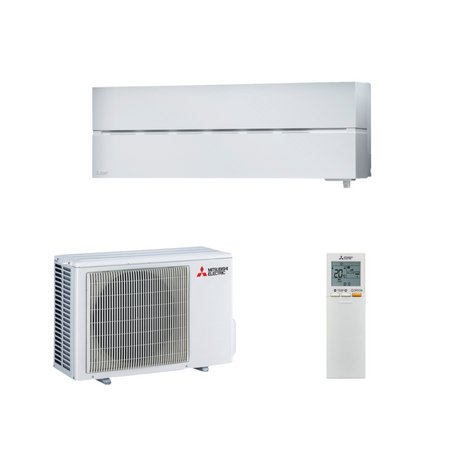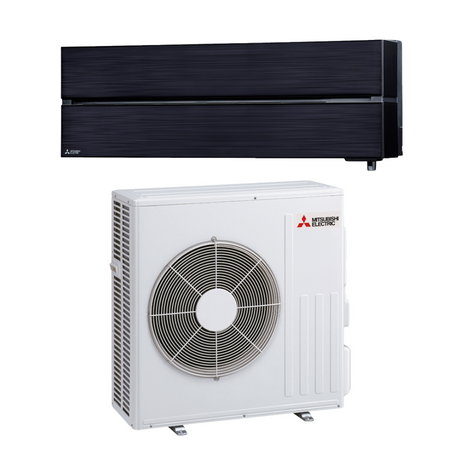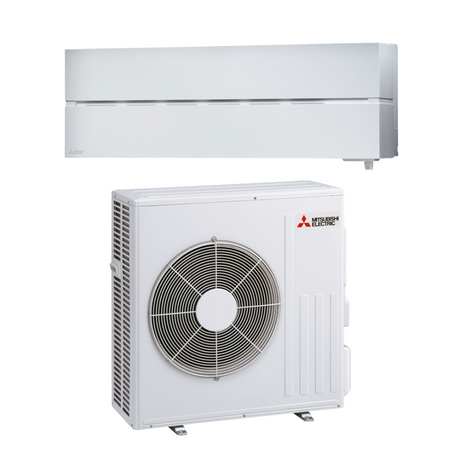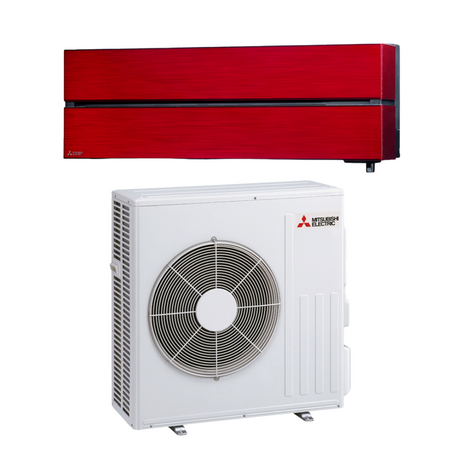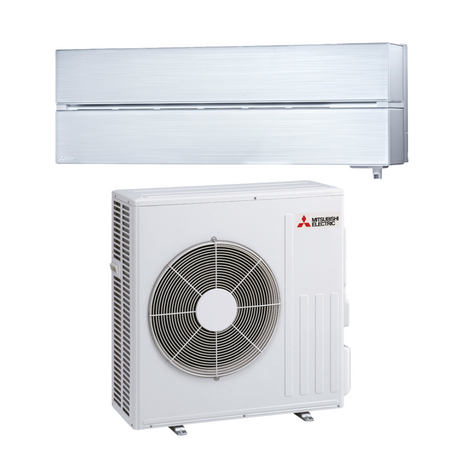A comfortable home office environment is essential for productivity and well-being. Choosing the right air conditioner (AC) ensures a pleasant temperature, reduces humidity, and improves air quality. Here’s a guide to help you select the best AC for your home office.
1. Determine Your Heating and Cooling Needs
Before purchasing an AC unit, consider the size of your home office. The cooling and heating capacity of an AC is measured in kilowatts (kW). A small room (10-20 sq. meters) typically requires about 1.5-2.5 kW, while a larger space (20-45 sq. meters) may need 2.5-5.0 kW. Choosing the right capacity ensures optimal energy efficiency and comfort.
2. Choose the Right Type of AC
There are several types of air conditioners, each with advantages and limitations:
- High Wall: Mounted on the wall, providing efficient heating and cooling while saving floor space.
- Console: Installed at floor level, resembling a radiator in design, offering strong airflow and even temperature distribution, especially beneficial for heating.
- Cassette: Ceiling-mounted, ideal for larger rooms, with multi-directional airflow and effective climate control.
- Ducted: Concealed within the ceiling or walls, providing whole-room temperature control with a sleek look, ideal for maintaining even heating and cooling throughout the space.
3. Consider Energy Efficiency
Energy efficiency is crucial for reducing electricity bills and environmental impact. Look for an AC unit with a high Seasonal Coefficient of Performance (SCOP) for heating and Seasonal Energy Efficiency Ratio (SEER) for cooling. ENERGY STAR-certified models consume less power and provide better efficiency.
4. Check Noise Levels
A quiet work environment is essential for focus and productivity. Check the decibel (dB) rating of the AC unit. High wall and ducted ACs tend to be quieter than console and cassette models. Opt for units with a noise level below 50 dB for minimal disruption.
5. Look for Smart Features
Modern ACs offer convenient features such as:
- Programmable Timers: Allows scheduled heating and cooling for energy savings.
- Wi-Fi Connectivity: Enables remote control through mobile apps.
- Dehumidifier Mode: Helps reduce excess humidity, improving comfort.
- Air Purification Filters: Enhance indoor air quality by trapping dust and allergens.
- Windfree/breezeless: Brand specific (Samsung and Midea) feature that eliminates draft of the unit in cooling.
6. Installation and Maintenance
Consider ease of installation and maintenance before making a purchase. High wall and console units are relatively easy to set up, while cassette and ducted systems require professional installation. Regardless of the system chosen, all units must be installed by an FGas-qualified engineer to ensure safety, compliance, and optimal performance. Additionally, to maintain the warranty, all systems must be serviced regularly by an FGas-qualified engineer to ensure proper functionality and efficiency.
7. Budget and Warranty
Set a budget based on your needs and the available features. While higher-end models may have advanced features, there are affordable options with excellent performance. Check the warranty terms for coverage on parts and compressor longevity.
Conclusion
Selecting the best air conditioner for your home office involves assessing your space, energy efficiency, noise levels, and smart features. By considering these factors, you can create a comfortable and productive workspace while optimizing energy use and cost-effectiveness.


